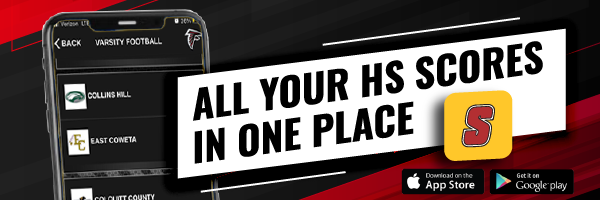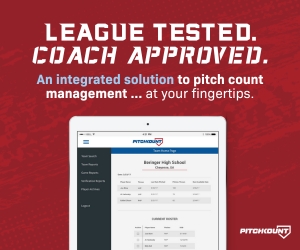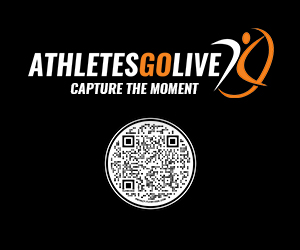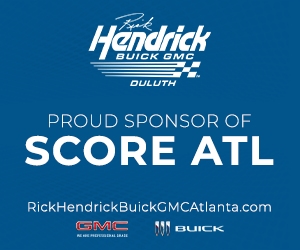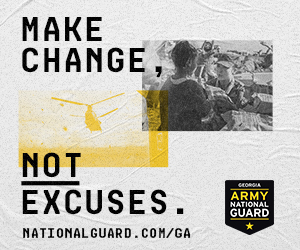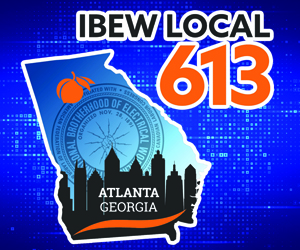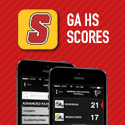They are everywhere — behind the scenes and away from the public eye.
They are the guys brokering multimillion-dollar deals and endorsements for clients.
But sports agents have made headline after headline as of late, allegedly having contact with college athletes who are not yet eligible to be fraternizing with agents.
“It’s an epidemic right now,” Florida head coach Urban Meyer said at SEC Media days. “I think it’s always been there from what I understand … I think we’ve reached the point of the size of college football, the magnitude of college football, (it’s) really overwhelming. I think you really have to keep an eye on (agent dealings with college athletes).”
Bylaw 12.3.1 states a student-athlete becomes ineligible if “money, transportation or other benefits from an agent” is accepted and a student-athletes can also be declared ineligible if s/he has “an agent market your athletics ability or reputation in that sport,” according to the 2010-11 Summary of NCAA Regulations.
In the past few weeks, five schools — four of which are schools in the Southeastern Conference — have come under scrutiny for its student-athletes being accused of such illegal dealings.
Alabama junior defensive lineman Marcel Dareus allegedly attended an agent’s party in South Beach earlier this summer.
Former Florida offensive lineman Maurkice Pouncey allegedly accepted $100,000 from an agent before playing in the 2010 Allstate Sugar Bowl for the Gators.
South Carolina tight end Weslye Saunders and North Carolina defensive end Marvin Austin spent time in South Beach in the spring, leading the NCAA to investigate who paid for hotel bills and travel expenses.
Georgia wide receiver A.J. Green is the focus of an NCAA “inquiry” on the Bulldogs’ campus, it has been reported, about Green allegedly attending the same agent party in South Beach as Dareus.
All of these NCAA inquires and investigations have come on the heals of the Reggie Bush debacle at Southern Cal, which resulted in Bush being stripped of his 2005 Heisman Trophy, the Trojans being forced to vacate all wins Bush was apart of as well as a slew of other punishments that will linger over the football program for the next several years.
“As coaches, we do all we can to tell our guys the rules,” South Carolina head coach Steve Spurrier said at SEC Media Days. “But it’s hard to watch ‘em all the time … We don’t know if (someone’s) a runner, connected, this, that, and the other. It’s a little bit of a difficult situation.”
In order to educate athletes about the time and place to communicate with agents, many football programs have brought in agent consultant Joe Mendes of Cornerstone Sports Consulting. The firm “provides a quality educational program to assist the university to educate and prepare the student-athlete and his family with regard to his potential career in the NFL,” according to its website.
“I feel like we’re actually doing more than we ever have to educate the players and put them in contact with people who can answer their questions about their future and agents, all these types of things,” Alabama head coach Nick Saban said at SEC Media Days. “We’re not trying to keep our guys away from agents … We’re proactive in allowing them, the times that they’re allowed to talk to agents, get all the education they need about making a good selection when their season is over.”
While the NCAA can declare an athlete ineligible if allegations are found to be true, agents and their runners face no punishment for their parts players being declared ineligible.
During his news conference, Saban tossed out a suggestion of punishment for agents — suspending their licenses for a year.
“Whatever we need to do to create some consequences for people who are not doing the right things here, which starts with the agent … taking advantage of young people at a difficult time in their life, to make these kinds of decisions,” Saban said. “Although the players are responsible (for their own actions) and the players should have consequences if they do it, the agent should have consequences.”
Saban firmly stood in his beliefs that agents are the instigators, going so far as to referring to these rouge agents as “pimp(s)” who are driven by “greed”. The former Miami Dolphins head coach also threw into the mix the NFL Players Association of parties who need to be involved in remedying this “epidemic.”
But some big-name players in the SEC take the responsibility of their own actions on their shoulders, stopping the problem before it starts by keeping a watchful eye or the circle of people they surround themselves with.
“As a college athlete, you got to be aware of who you’re around at all times,” Arkansas quarterback Ryan Mallett said at SEC Media Days. “As far as the agent thing … If they contact me, I tell them, ‘If I’m gonna go to the NFL, we’ll talk about it after the season.’ That’s how I’m doing it because I don’t want to have to deal with any of the stuff that’s going on.”
Tennessee head coach Derek Dooley adopted the same school of thought as Mallettt — it’s the student-athletes’ responsibility to act appropriately. The head man in Knoxville spoke adamantly about his players being accountable for how they conduct themselves off the field, but Dooley also spoke of education as a method of preventing this scenarios in the future.
“But at the end of the day, it’s the responsibility of the player to not take (agents’ offers),” Dooley said at SEC Media Days. “And I don’t know any other way to put it. You know, it’s a responsibility of the player, that if somebody comes up and confronts you in public and wants to fight you, to walk away. It’s a responsibility of the player not to break the law. So it’s a responsibility of the player not to break the rules of the NCAA.”
With the bloggers who follow college teams religiously, beat writers constantly churning out copy and ever-turning 24-hour news cycle, college football has evolved into an attention-getting beast people have not figured out how to tame. And the spotlight on these agent dealings is creating a burning light on the sport and casting an arguably detrimental shadow on everyone involved.
“It’s something that is affecting college football in a negative way,” Saban said. “It’s affecting college football fans. It’s affecting a lot of people. It’s not in the best interest of the young people that are doing it.”




